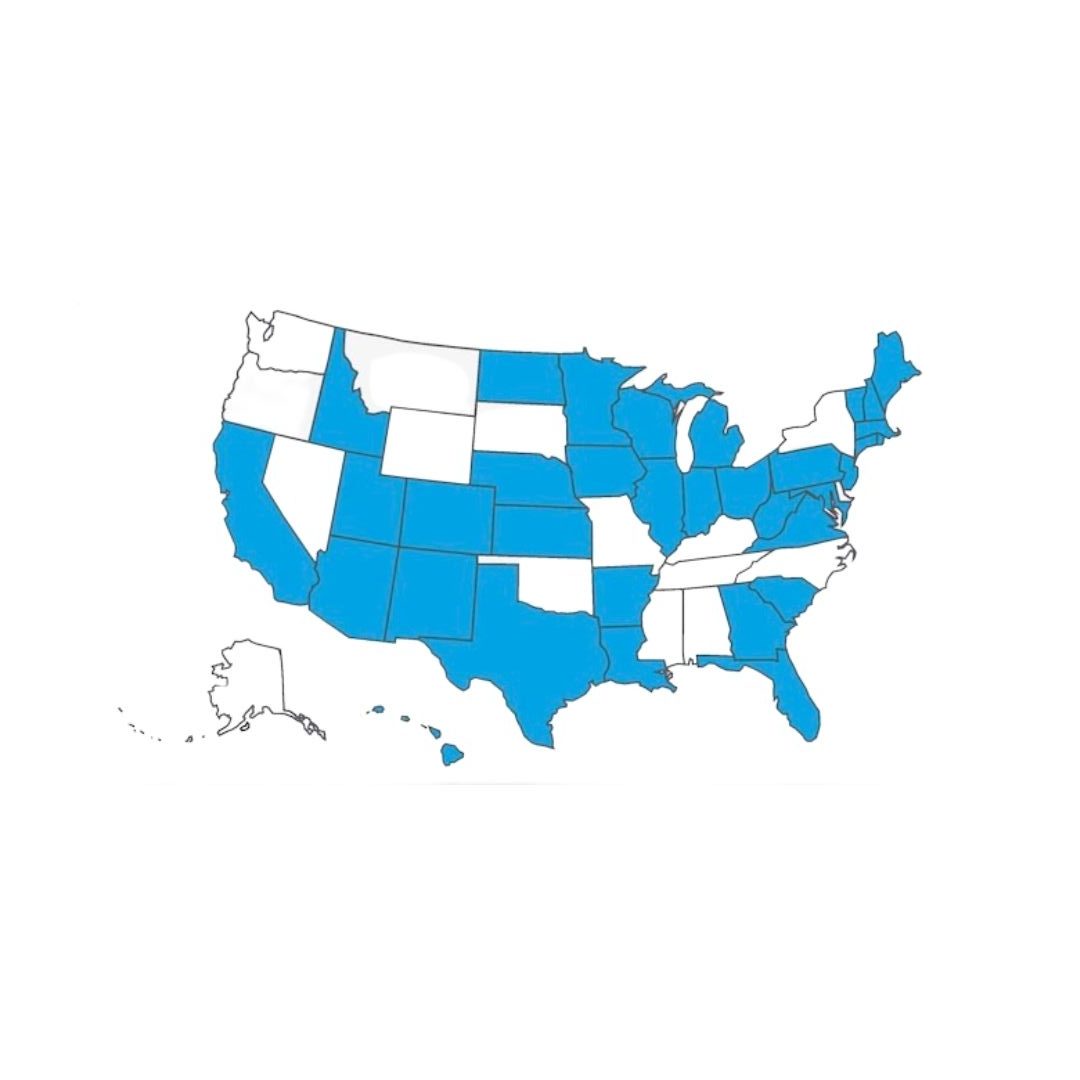Guide to State R&D Tax Credits

The R&D tax credit has both federal
and state components
Companies often miss out on significant cash simply because they aren’t aware
they meet their state’s R&D tax credit guidelines.
States without R&D tax credits
| Alabama D.C. Michigan Missouri Mississippi |
Montana Nevada North Carolina Oklahoma Oregon |
South Dakota Tennessee Washington West Virginia Wyoming |
What you need to know
The definition of qualifying research activities in each state is usually based on federal regulations. However, the R&D tax credit computation and other factors vary significantly from state to state. For example, some states provide for a refund or exchange of the credit so that even if a taxpayer has no tax liability it can still derive a cash benefit. Most states allow a credit only for the research activities performed in their home state, though some allow a credit for development work regardless of where it was conducted.
Like most tax incentives, the R&D tax credit is constantly changing on both a federal and local level. With so many varying rules from state-to-state, navigating them can be challenging. The best way to ensure compliance and maximize benefit is to work with R&D tax credit experts.
Clarus R+D specializes in R&D tax credits for growth businesses. Our software simplifies the process, maximizes your benefit, and reduces overall cost. Schedule a demo to see our solution in action.
